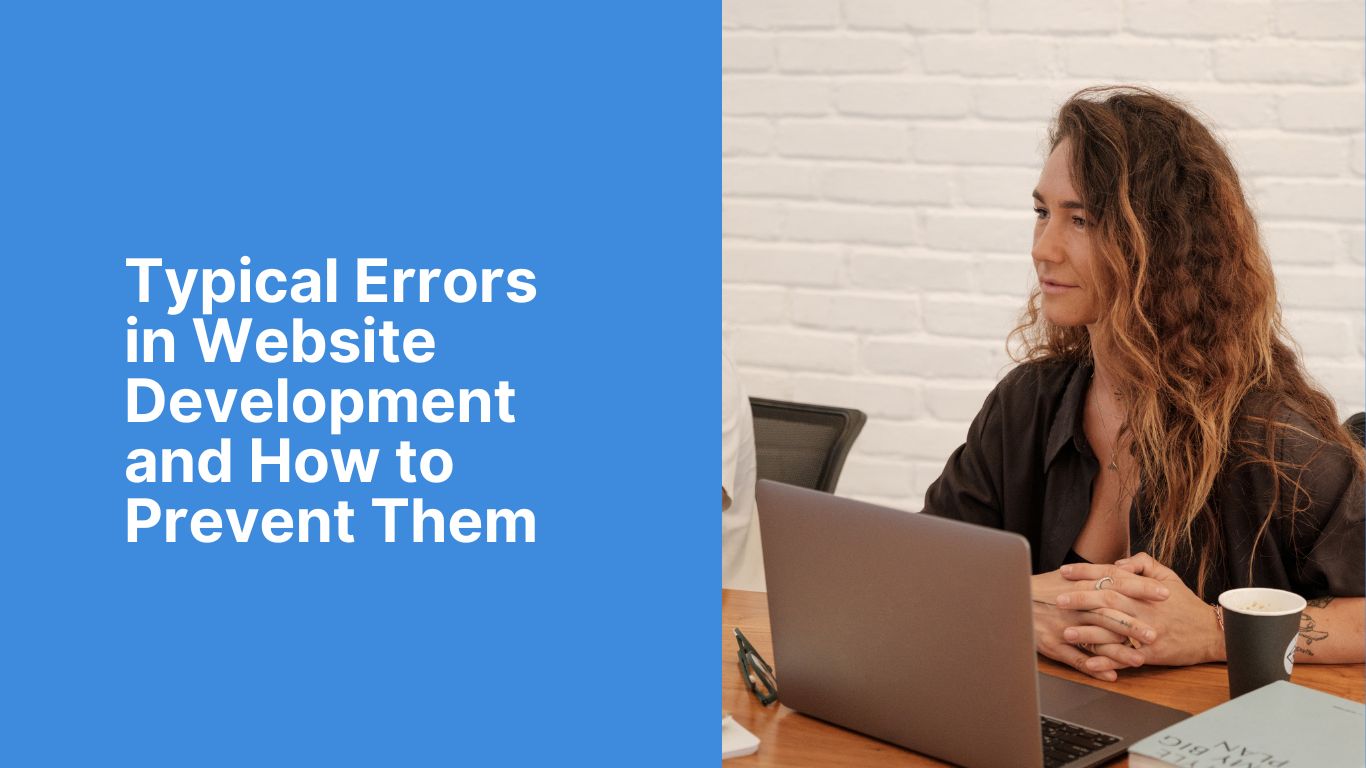Content Management Systems: Choosing the Right One for Your Project
In the dynamic world of web
development, selecting the right Content Management System (CMS) is a pivotal
decision that can significantly influence the success of your online presence.
A CMS streamlines the process of creating, managing, and modifying content on a
website without requiring in-depth technical expertise. However, with a
plethora of options available, it can be challenging to determine which CMS
best fits your project's needs. This guide aims to provide a comprehensive
overview of the factors to consider when choosing a CMS and a comparison of
some of the most popular systems available today.
For businesses looking for professional guidance in web
development, collaborating with the best web development company in
Kanpur can be an excellent step towards ensuring you select and
implement the perfect CMS for your needs.
Understanding Your Project
Requirements
Before diving into specific CMS
options, it’s crucial to clearly understand your project’s requirements. Here
are some key considerations:
Type of Website:
Are you building a blog, an
e-commerce site, a portfolio, or a corporate website? Different CMSs excel in
different areas. For example, WordPress is renowned for blogs and
content-driven sites, while Magento is a powerhouse for e-commerce.
Scalability:
Consider the future growth of your
website. A CMS should be able to handle increasing traffic and expanding
content without compromising performance.
Ease of Use:
Evaluate the technical expertise
of the users who will manage the site. Some CMSs are more user-friendly and
cater to non-technical users, while others require a steeper learning curve.
Customization and Flexibility:
Determine how much customization
you need. Open-source CMSs like WordPress and Joomla offer extensive
flexibility, while others like Wix provide a more structured environment.
Budget:
Budget constraints can
significantly influence your choice. Some CMSs are free, while others come with
subscription fees or require additional costs for premium features and plugins.
Security:
Security is paramount. Look for a
CMS that offers robust security features and regular updates to protect your
site from vulnerabilities.
Popular CMS Options
Here’s a look at some of the most
popular CMS options, highlighting their strengths and potential drawbacks:
WordPress
Overview: Powering
over 40% of the web, WordPress is the most popular CMS globally. It’s
open-source and has a massive community that contributes to thousands of themes
and plugins.
Strengths:
User-friendly, highly customizable, SEO-friendly, and vast plugin library.
Drawbacks: Can
become slow with too many plugins, requires regular maintenance and updates.
Joomla
Overview: Joomla is
an open-source CMS known for its flexibility and powerful features.
Strengths: Good for
complex sites, extensive control over content and user management, strong
community support.
Drawbacks: Steeper
learning curve compared to WordPress, fewer themes and plugins.
Drupal
Overview: Drupal is
another open-source CMS, often favored for its robustness and scalability.
Strengths: Highly
customizable, excellent for large and complex websites, strong security
features.
Drawbacks: Not very
user-friendly for beginners, requires technical expertise for setup and
maintenance.
Magento
Overview: Magento
is a leading e-commerce CMS owned by Adobe, designed for businesses looking to
create powerful online stores.
Strengths: Extremely
scalable, feature-rich, supports large catalogs, strong SEO capabilities.
Drawbacks: Requires
significant technical knowledge, can be expensive due to hosting and
development costs.
Wix:
Overview: Wix is a
cloud-based CMS known for its simplicity and ease of use, particularly for
small businesses and personal websites.
Strengths: Intuitive
drag-and-drop interface, no coding required, all-in-one solution with hosting
included.
Drawbacks: Limited
customization, less flexibility compared to open-source CMSs, can become costly
with premium plans.
Squarespace
Overview: Squarespace
is a hosted CMS that provides beautifully designed templates and a
user-friendly interface.
Strengths:
High-quality designs, easy to use, all-in-one platform with hosting and
support.
Drawbacks: Limited
third-party integrations, less flexible than open-source options, higher cost
for advanced features.
Making the Final Decision
To choose the right CMS for your
project, follow these steps:
List Your Requirements:
Create a detailed list of what you
need from a CMS based on the considerations mentioned above.
Research and Compare:
Conduct thorough research on each
CMS, comparing their features, strengths, and weaknesses relative to your list
of requirements.
Test Drive:
Most CMSs offer demo versions or
free trials. Take advantage of these to get a hands-on feel of the platform.
Community and Support:
Consider the availability of
community support, documentation, and professional services. A strong support
network can be invaluable, especially if you encounter issues.
Future-Proofing:
Ensure that the CMS you choose is
not only suitable for your current needs but can also grow with your business.
Scalability and regular updates are key indicators of a future-proof CMS.
Conclusion
Choosing the right CMS for your
project is a critical decision that requires careful consideration of your
specific needs, technical expertise, and budget. By thoroughly evaluating the
options and testing them against your requirements, you can select a CMS that
will serve as a solid foundation for your website, ensuring it is
user-friendly, secure, and scalable. Whether you opt for the versatility of
WordPress, the robustness of Drupal, or the simplicity of Wix, the right CMS
will empower you to create and manage your online content effectively.
.jpg)

.jpg)




